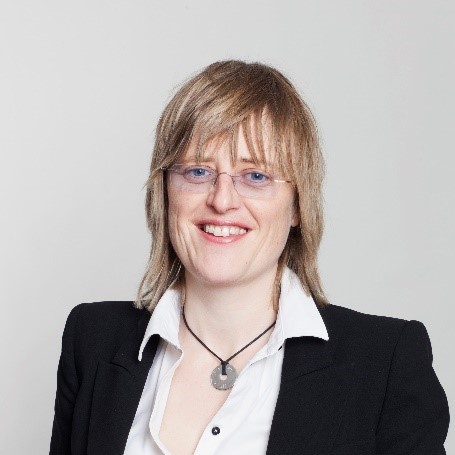- Home
- EN
- Our impact
- ProspeKtive
ProspeKtive
Designing the buildings of tomorrow around innovative uses and new interactions means using academic research. Because we believe in the strength of the collective and in the openness of ideas, we share here, with you, the research conducted by our experts.
Positive impact design
Anne Berranger, West Region branch manager of the Kardham Group, takes the pen on in interiors to give her point of view on the role of design in the development of workspaces.
Remote work and informal exchanges
Each profession has its fads. For the work environment, there is collaboration, transversality and informal exchanges. They are very difficult to qualify. Time spent working together can be measured by time spent working in a group. This is easily identifiable because it is often planned. Transversality is assessed by studying the interactions between individuals and / or teams. But the informal? How to measure and qualify what is not observed with usual forms? What doesn't fit into the well-defined categories?
Third places enter the game
Third places dedicated to the design of “serious games” are flourishing in France. They demonstrate the need to adapt to new ways of learning. People come there to share knowledge with others, access technologies, innovate in the gaming sector, become more professional and participate in the dynamism of a territory. Focus on these innovative practices.
The building of tomorrow will be
Creating virtuous cities and buildings for human health and the environment is a major real estate issue. A complex subject, both technical and human, which Kardham has seized upon to change the market.
Interview with David Habrias in the magazine in interiors # 14 of Business Immo.
To resist an imposed collective space: the anthropological non-place as an act of resistance in organization
This text exposes how employees resisted a collective space imposed by the management of a large group, during the construction of its new head office in 1995. It is by depriving this space of their regular presence that they prevented it from emerging as a place (Lefebvre, 1974; Lussault, 2007) in its own right. Thanks to an original methodology combining research in the organization's archives, interviews and field observations, we were able to understand the mechanisms of spatial resistance at work.
Remote work and office space reduction: what are the real gains?
Prior to the health crisis, many companies were finding that their office space was not being used very much. The test of forced remote working proved that it was possible for many professions. Since then, employees have embraced telecommuting. The question of office utilization and the potential reduction of office space is therefore once again on the agenda. Our in-depth modeling studies, based on a solid database of projects and the observation of new space occupation practices, allow us to project three optimization scenarios related to the deployment of telecommuting.
Business Immo Tribune by Marc Bertier, Workplace Strategist Kardham.





